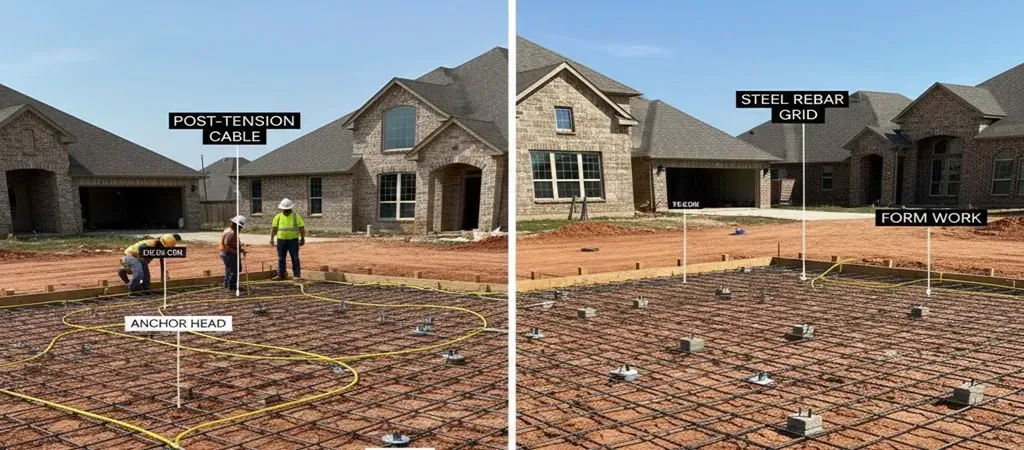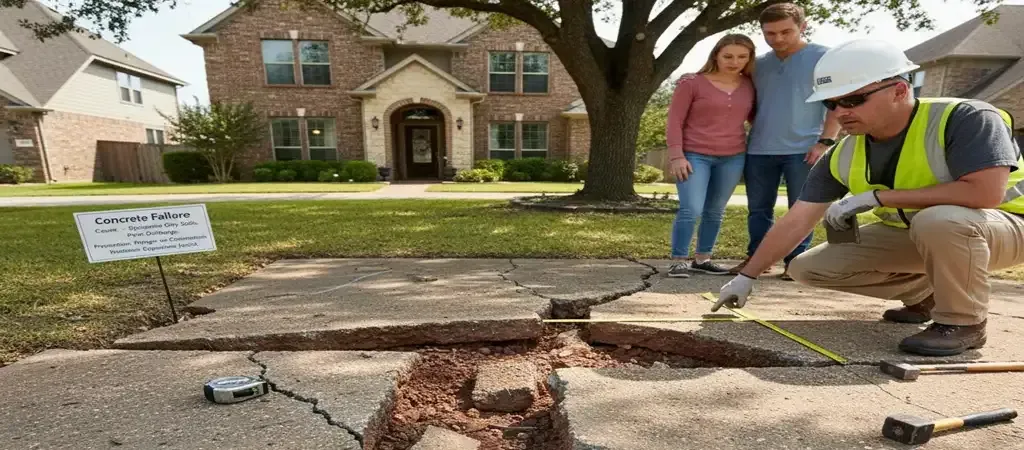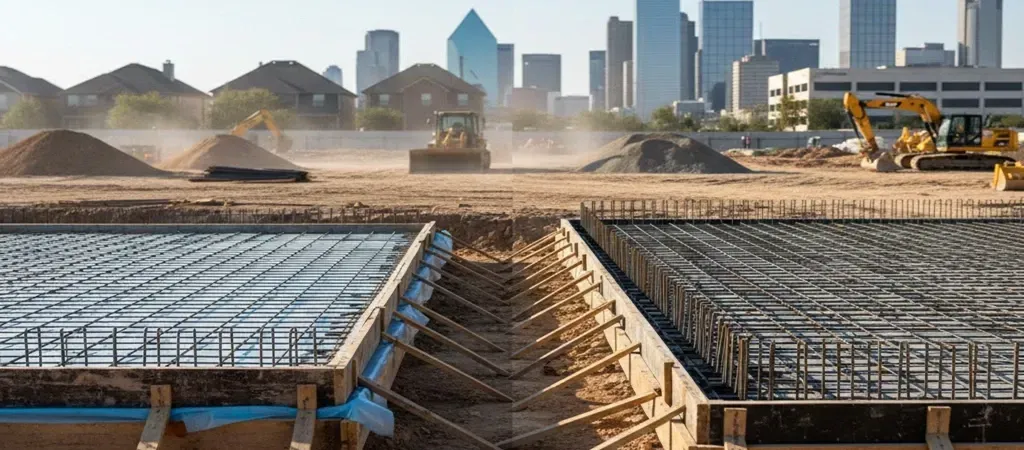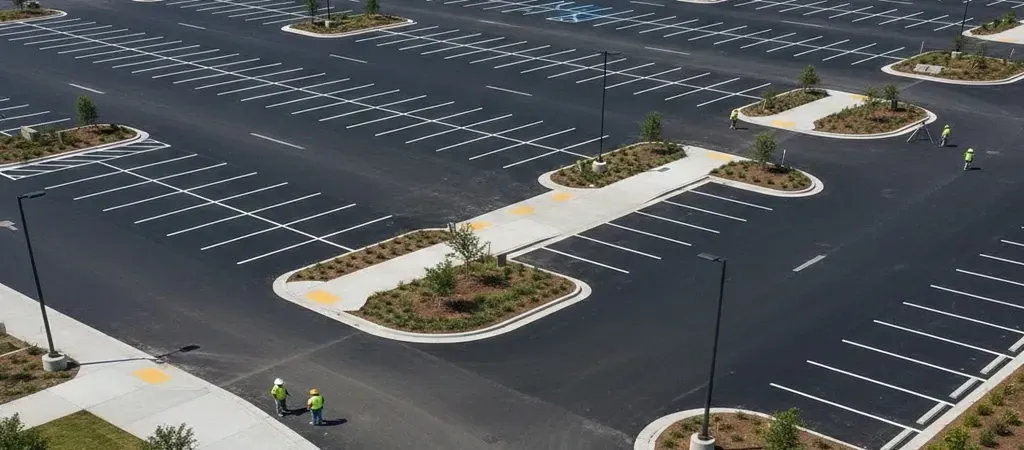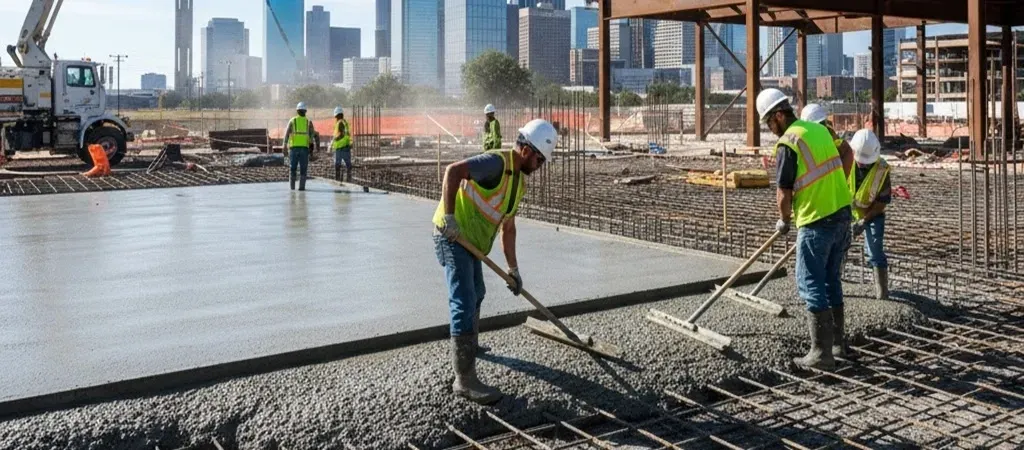What Makes a Good Concrete Contractor?
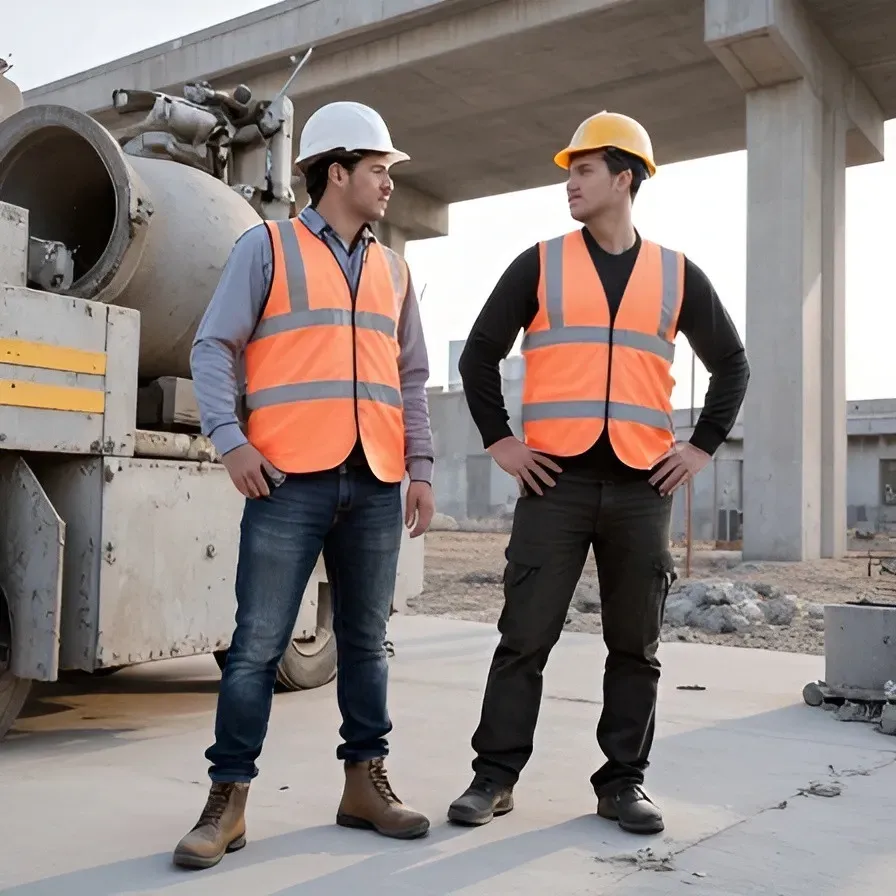
Concrete contractors are in high demand because of the prevalence of the material in a modern building. Now that you know what concrete contractors do, how much they make, and how much demand there is for their services, let's talk about the talents needed to succeed in this position or What Makes you a Good Concrete Contractor:
Experience
To work as a concrete contractor, one must have a lot of experience in the field. Even if you've studied all the theoretical aspects of concrete construction, you won't be able to do an excellent job if you lack practical experience in the field. It's essential to see how things are done firsthand in the field and the office. You can achieve it through training.
Excellent Communication Skills
It's essential to be a concrete contractor to communicate effectively and understand your construction needs. That will assist you in completing the finest work possible. Even if you disagree with what they say, you must grasp what they express. Every contract necessitates clear lines of communication. To ensure that the construction goes smoothly, you should be fluent in English as a good concrete contractor.
Certifications and Licenses
It will help you have a current license and other official documentation to make your dedication to work and professionalism. First, you have to show your certifications and other legal documentation to the owners of the area to be constructed. That will show ethics and professionalism and make a good expression. People may be trusted and rely on the licensed and documented concrete contractor to complete the job. Whenever you have questions about the contract, it is best to clarify them before moving further.
Professionalism
You have to keep in mind that the person hiring you has already Googled the name of your company before hiring you. The website should be clean, up-to-date, and professional, and evaluations from previous customers' reviews should be available. You must demonstrate your professionalism from the outset of any interaction. When they call or email your office, you should be able to speak with someone friendly, patient, and eager to answer their questions.
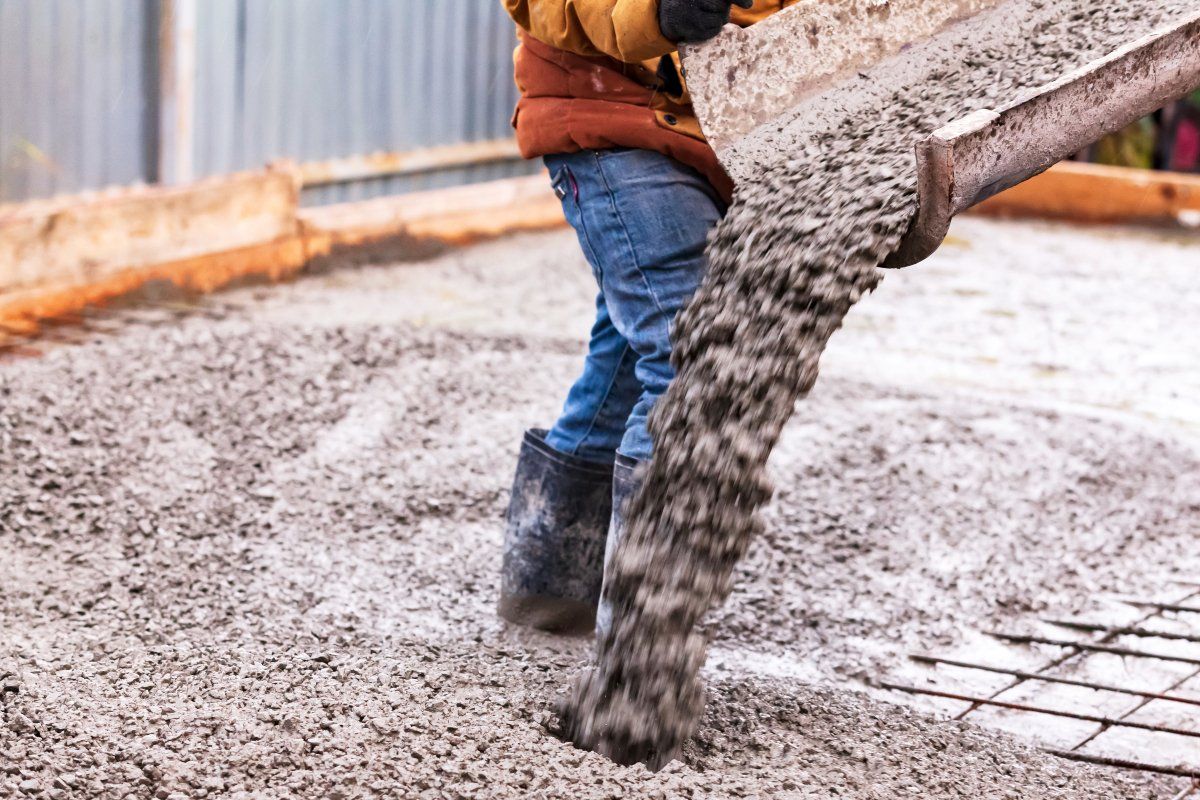
Hard Skills Required for the Job at Hand
The concrete contract must be highly specialized and requires a particular combination of tools and equipment. These procedures should be well-known to successful candidates, and they should be able to do them confidently.
Taking Responsibility and Managing Time
Pouring concrete can be highly time-sensitive. Working with concrete necessitates a high concentration level, as it is a constantly changing substance. As a result, future processing may be more challenging.
On the other hand, Concrete workers usually have to work overtime since the material is so delicate that specific procedures (such as finishing) cannot be interrupted for the night and restarted in the morning.
Endurance of the Physical Kind
It takes a lot of strength and stamina to work in the concrete masonry industry. Concrete professionals in Dallas spend most of their working day on their feet, often in dangerous environments (i.e. extreme heat). As they complete the concrete, they may also have to bend frequently, placing a lot of strain on their knees. Safety concerns may arise if candidates are unable to meet these physical requirements.
To Be Able to Direct Your Message
Concrete workers typically follow the project site foreman's orders. Workers in the fast-paced construction industry must follow instructions without getting upset (which may mean putting up with lots of yelling as people scramble to get things done).
Flexibility in Workplace Learning
On-the-job training is common for concrete workers. That is a different learning setting than a classroom, with real money and contracts at stake. A unique approach to learning is required, which involves being honest about one's knowledge gaps, so the project doesn't become derailed.
